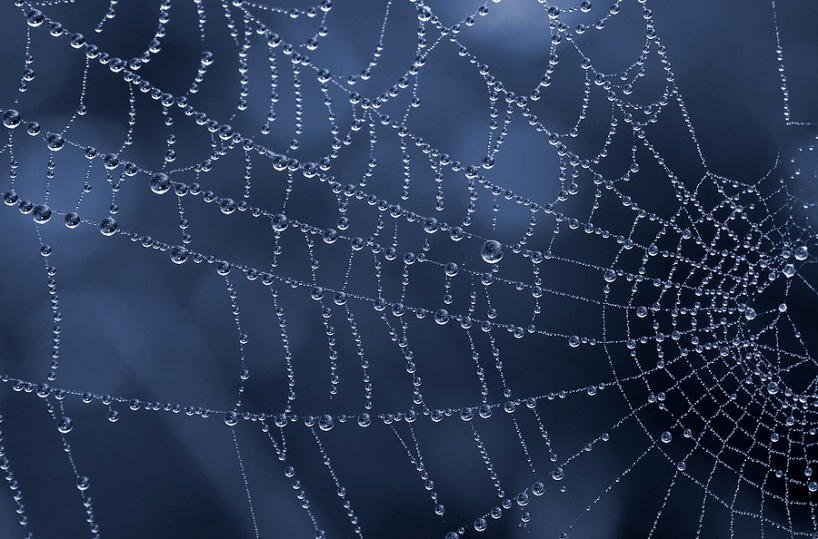
September 3rd, 2021 by
Great natural pest controllers or terrifying creatures? Whether you love or hate spiders, you will know there are some common assumptions attached to them, many of which explain the arachnophobia that approximately 18% of people in the UK have.
However, as with all urban legends, there is a lot of misinformation about these creatures, and you may find that they’re not as scary as you believe them to be. We take a look here at the commonly held beliefs around spiders and ask whether they are true or just myths:
They bite: Myth (mostly)
Technically they can bite but you likely wouldn’t feel it if they did – few UK-based species have strong enough jaws to break human skin. While spiders in other parts of the world do deserve their scary reputation (the funnel-web spider in Australia for example), most spiders in the UK are not venomous to do much more than cause mild discomfort. Even the most fearsome species in the UK – the false widow – isn’t venomous enough to kill a human. If you are unlucky enough to be bitten, the bite itself won’t do you any harm however it can become infected and that would need medical attention. Mostly, though, spiders are placid creatures that aren’t interested in biting people unless they feel cornered and have no other option.
You swallow them in your sleep: Myth
It’s not clear where this unsavoury myth came from but there’s no evidence that it’s true. Spiders are much more likely to be terrified of a sleeping person than crawl into one’s mouth. They are especially sensitive to vibration, so snorers are particularly safe!
Insect Clean Web Free Spiders Web Remover 500ml
Price: £13.99
Buy Now
Spiders hate conkers: Myth
If you have been putting conkers on your windowsills every autumn to ward off spiders then we hate to tell you this but you have been wasting your time. This is thought to be a bit of an old wives’ tale that associated children bringing conkers into the home with seeing fewer spiders. In reality, it was probably just coincidence: as fly populations reduced after the summer, so did spider sightings and it was conflated with the presence of conkers. Spiders can often be found in horse chestnut trees which wouldn’t happen if they didn’t like the scent.
Spiders interfere with CCTV: True
This is actually true. If you have ever checked your CCTV footage and found that it was blurry and obscured, this is often because spiders have spun their webs over the lens of your cameras. In fact, this, rather than technical breakdown, is one of the biggest issues CCTV owners face with their equipment. Flies and moths are attracted to the heat of the cameras and therefore, spiders spin their webs there. Try smearing Vaseline around the housing as this can stop them gripping the surface.
Spiders don’t like mint: True
The smell of peppermint does seem to repel spiders. This is thought to be because they don’t like strong odours. Because they experience smell and taste through the tiny hairs on their legs, they will avoid crawling over surfaces that are covered with peppermint as it can be overwhelming for them. If you are scared of them, a natural way to keep them at bay is to use a peppermint spray. This can also help with the CCTV issue.
Xterminate Peppermint Spider Repellent Spray 1L
Price: £12.95
Buy Now
All spiders spin webs and live in them: Myth
First of all, the spiders that do spin webs use them to catch their prey; they don’t live in them. They’re more likely to live in a dark corner somewhere out of sight. Secondly, not all species even use webs to catch their food. Some hunt and some will hide somewhere (such as in flowers) and pounce on their prey.
Daddy Longlegs are a type of spider: Myth
What we in the UK call a daddy longlegs is actually an insect (spiders are arachnids). They are also known as crane fly or harvestmen. They only have one body section (spiders have two), two eyes (spiders have eight), and a segmented abdomen (spiders are unsegmented). Daddy longlegs have their own urban myth and are said to have highly deadly venom but are unable to pierce human skin. This is also untrue as they are not venomous at all.
Comments
Leave a reply
Your e-mail address will not be published. All fields are required


